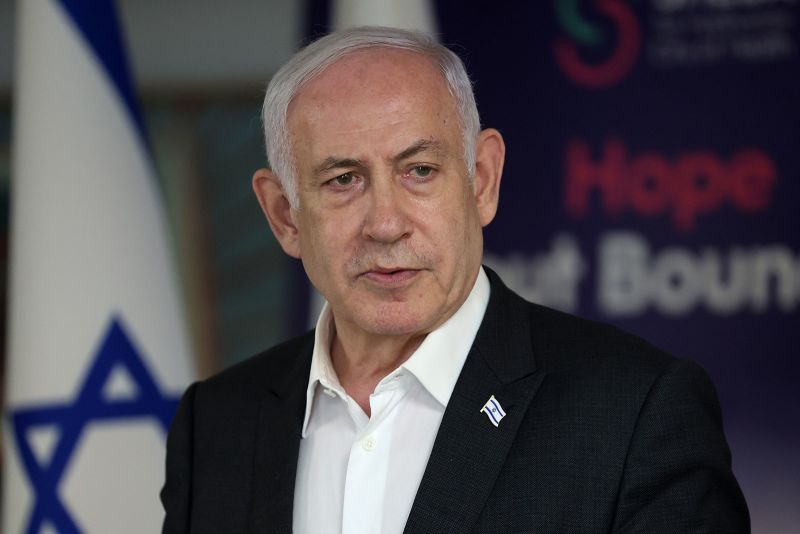
Netanyahu Shuns Calls for Ceasefire in Gaza Despite Israeli Generals’ Urging
In a recent development in the ongoing conflict between Israel and Hamas, Israeli Prime Minister Benjamin Netanyahu has vehemently rejected a report that cited top Israeli generals as being in favor of a ceasefire in Gaza with Hamas still in power. The report has brought to the forefront the complex dynamics at play in the region and the diverging opinions within the Israeli military and political leadership.
Netanyahu’s firm stance against negotiating with Hamas reflects the long-standing policy of the Israeli government, which views the militant group as a terrorist organization that poses a significant security threat to the country. The Prime Minister’s rejection of a ceasefire underscores the challenges in finding a lasting resolution to the conflict, as it indicates a reluctance to engage in diplomatic efforts with an adversary like Hamas.
On the other hand, the reported views of the top Israeli generals advocating for a ceasefire highlight a potential shift in military thinking regarding the Gaza conflict. These generals, who have firsthand experience in dealing with the challenges of the region, may see a ceasefire as a pragmatic approach to de-escalating tensions and reducing the human cost of the conflict. Their perspective offers a glimpse into the complexities of the situation and the internal debates within the Israeli defense establishment.
The clash between Netanyahu’s position and that of the top Israeli generals underscores the broader debate surrounding Israel’s security policies and its approach to handling conflicts with its neighbors. The diverging viewpoints within the Israeli leadership reflect the complexities of navigating a volatile and protracted conflict like the one in Gaza, where military, political, and humanitarian considerations intersect.
Moreover, the report on the disagreement among Israeli leaders also sheds light on the challenges of building consensus and formulating a coherent strategy to address the conflict with Hamas. The varying perspectives within the Israeli establishment underscore the need for a nuanced and multifaceted approach that takes into account both security concerns and the humanitarian consequences of the conflict.
Overall, the rejection of the reported call for a ceasefire by Netanyahu and the contrasting views of the top Israeli generals underscore the intricate and multifaceted nature of the conflict between Israel and Hamas. As the situation continues to unfold, finding a path towards a sustainable and just resolution remains a complex and challenging endeavor that requires careful consideration of the diverse perspectives within the Israeli leadership.
